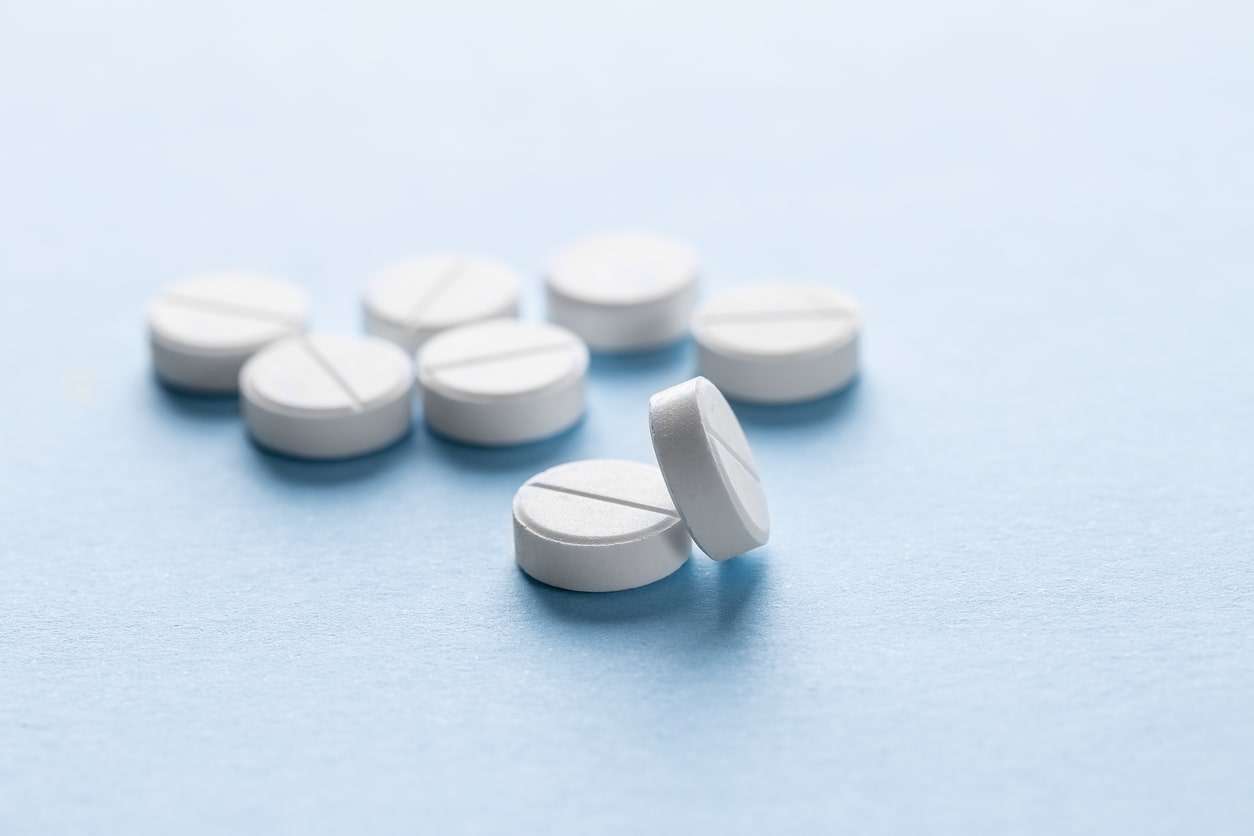Delta 8 is an addictive substance derived from legal cannabis plants. As cannabis products gain legal status in several states, it is no wonder many people wonder about the safety of these products. However, many people have misconceptions about marijuana and cannabis products—one of the most common is that these substances are not addictive.
Delta 8 and other products derived from cannabis can be addictive. If you need help overcoming cannabis addiction, Detox ATL can help you. We offer treatment options for cannabis use disorder—including addiction to Delta 8 and other cannabis products.
What is Delta 8?
Delta 8 is one of the naturally occurring cannabinoids found in the cannabis plant. There are over 100 cannabinoids found in the cannabis plant. Each of them acts on the cannabinoid receptors in the central nervous system.
However, Delta 8 is not one of the main cannabinoids. In fact, most cannabinoids occur in trace amounts, while two primary cannabinoids, Cannabidiol (CBD) and Delta 9-tetrahydrocannabinol (Delta 9-THC), dominate cannabis.
CBD is sold in many drug stores across the country to reduce inflammation and relieve pain. It has no known psychoactive effects, unlike the other primary cannabinoid, Delta 9-THC. Delta 9-THC causes psychoactive effects, such as heightened sensory perception, altered sense of time, and euphoria.
Delta 8 is also a psychoactive cannabinoid and is another type of THC. So, the effects of Delta 8-THC are similar to those of Delta 9-THC.
Delta 8-THC vs. Delta 9-THC: What’s the Difference?
There are a few differences between Delta 8 and Delta 9. For one thing, Delta 9 THC is the primary psychoactive compound found in cannabis products, while Delta 8 only occurs in trace amounts. Additionally, while the effects are similar, Delta 8 isn’t as potent as Delta 9.
However, products with Delta 8 THC are created with legal cannabis products, while most products with Delta 9 THC are still illegal in many states. The trace amounts of Delta 8-THC are extracted from products like CBD and hemp. These extractions are then concentrated and sold as Delta 8.
In short, the main difference between Delta 8 and Delta 9 is that Delta 8 can be sold legally via a loophole because the products it’s made from are legal. But, the effects are similar, which is why government agencies like the Food and Drug Administration (FDA) issue warnings about Delta 8.
Is Delta 8-THC Addictive?
Yes, Delta 8-THC is addictive. Using any product containing THC—whether Delta 8 or Delta 9—carries the risk of addiction. Collectively, addiction to any cannabis product is called cannabis use disorder.
According to the Centers for Disease Control and Prevention (CDC), “people who use cannabis have about a 10% likelihood of becoming addicted.” You are more likely to be addicted if you start using Delta 8 or similar products in your youth. Additionally, the more often you use cannabis, the more likely you will develop an addiction.
Signs and Symptoms of Cannabis Use Disorder
No matter which product you use, any cannabis product with THC can lead to an addiction. When you are addicted to Delta 8, you have a cannabis use disorder. In other words, you can’t stop using Delta 8 despite any negative consequences to your social, mental, or physical health without professional help.
Signs and symptoms of cannabis use disorder include the following:
- Using more cannabis or marijuana than intended
- Attempting to quit but failing to do so
- Spending most of your time using cannabis
- Neglecting other responsibilities due to cannabis use
- Having cravings for cannabis or marijuana
- Loss of interest in activities that don’t involve cannabis
- Needing more cannabis to get the same effects
- Difficulty with attention, learning, and memory
- Engaging in reckless behaviors while under the influence
- Withdrawal symptoms appear when you stop using cannabis
Cannabis Withdrawal Symptoms
When you stop using Delta 8 and other cannabis products, you could have withdrawal symptoms. This is because your body and mind are accustomed to having cannabis in your system—and cannot function normally without it.
Withdrawal symptoms are one of the primary ways to tell if you are addicted to cannabis, and they include:
- Feeling restless, nervous, or anxious
- Irritability, aggression, and agitation
- Decreased appetite
- Difficulty sleeping
- Strange and unsettling dreams
- Headaches
- Nausea or vomiting
- Tremors and shakes
Withdrawal symptoms can be unpleasant and distressing. Many people relapse in early recovery because they can’t handle withdrawal. Instead, they go right back to using and the cycle of addiction continues.
Treatment for Cannabis Addiction
Fortunately, withdrawal symptoms are not permanent, and cannabis addiction is treatable. With medical and psychological assistance and peer support, as well as holistic therapies, you can overcome cannabis addiction.
The following are the steps to treating cannabis addiction:
- Detox: During detox, you will go through withdrawal with professional medical and psychological support. It should take about a week to overcome the acute phases of cannabis withdrawal.
- Inpatient rehab: After detox, you need an inpatient rehab or residential treatment program to build the skills needed for long-term recovery. By living within a treatment facility, you can focus on your recovery and avoid relapse triggers.
- Outpatient rehab: You should continue in an outpatient treatment program following inpatient drug rehab. That way, you can continue to build the skills needed for long-term recovery while transitioning back to your everyday life.
Begin Treatment for Cannabis Addiction Today
You can develop a cannabis addiction from additive Delta 8 and other legal products. If you or a loved one cannot quit using cannabis despite negative consequences, there is hope for recovery. Detox ATL in Atlanta, Georgia, can help you find treatment programs for cannabis addiction.
Contact us today to begin addiction treatment.






